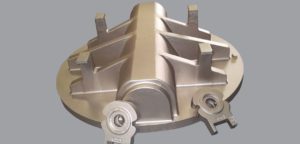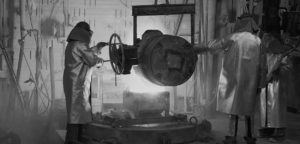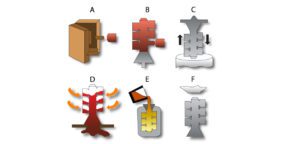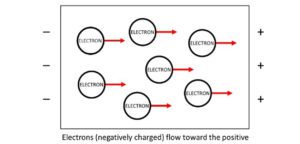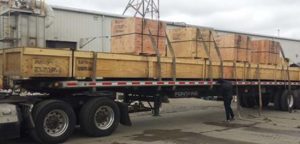Blog Archives
Aluminum Bronze alloys are a family of copper-based alloys that use iron and nickel in their chemistry but rely on aluminum as the principal alloying element. Aluminum significantly adds to the strength to the point that it is like that of medium carbon steel. The additional advantage is that aluminum bronze properties also include excellent…
Read MoreToday, metal casting is a complex and intricate process which requires exact chemistry and flawless execution. While current methods may be relatively new when compared to the history of human civilization, the first casting of metals can actually be traced all the way back to around 4000 BC. In those times, gold was the first…
Read MoreInvestment Casting (Lost Wax Casting) When it comes to investment casting of metal parts manufacturing factors such as design requirements, cost, and feasibility to manufacture dictate which casting process is most suitable to manufacture a product. This article describing investment casting is intended to help you make an informed casting decision. Investment casting produces precise…
Read MoreOverview of Centrifugal Casting Centrifugal casting is a process that delivers components of high material soundness. As a result, it is the technology of choice for applications like jet engine compressor cases, hydro wear rings, many military products, and other high-reliability applications. It has also proven to be a cost-effective means of providing complex shapes…
Read MoreConductivity in metal is a measure of a metal material’s ability to transmit heat, or electricity (or sound). The reciprocal of conductivity is resistance, or the ability to reduce the flow of those. Understanding a material’s tendency to conduct may be a critical factor in the selection of that material for a given application. Clearly,…
Read MoreNon-ferrous metals or alloys are defined as materials that are not iron-based like their ferrous counterparts. Common non-ferrous metals include copper, aluminum and lead. Ferrous metals contain iron making most of these metals have a magnetic property. Non-ferrous metals are found in the Earth as chemical compounds. The most essential non-ferrous metals happen to be…
Read More- « Previous
- 1
- …
- 12
- 13
- 14

